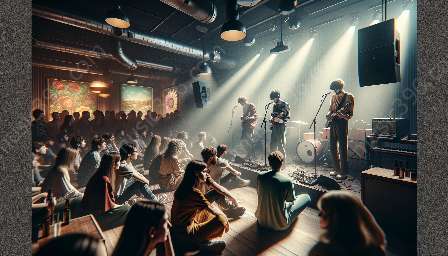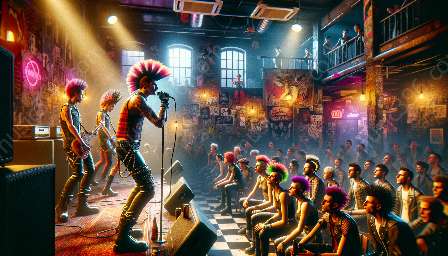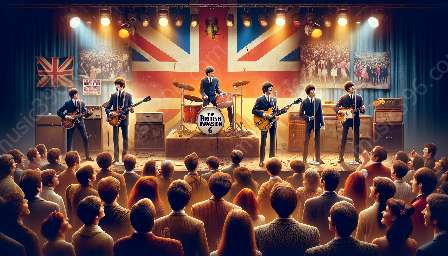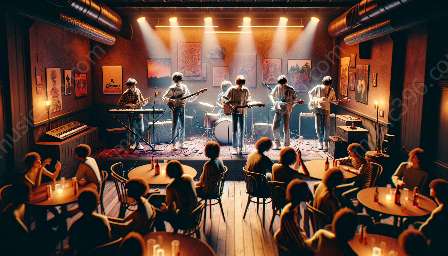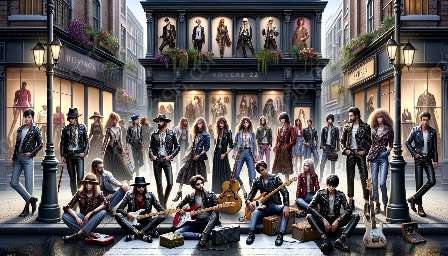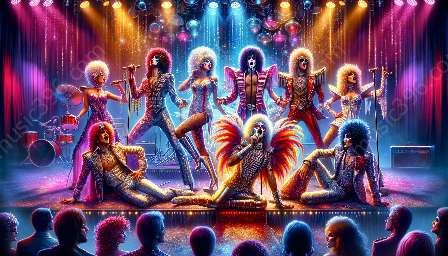Rock music has been a vital platform for LGBTQ+ representation, playing a significant cultural role amid controversies. The genre has seen queer artists emerge, foster inclusivity, and challenge societal norms. This comprehensive exploration delves into the history, impact, and evolving landscape of LGBTQ+ presence in rock.
The Historical Context
The LGBTQ+ community has long been intertwined with rock music, with various artists and bands contributing to its vibrant history. The 1960s and 1970s witnessed the emergence of openly queer musicians, such as David Bowie, who defied traditional gender roles and norms in their performances. Their unabashed presence forged a path for future generations, paving the way for broader acceptance and representation in the genre.
Impact and Inclusivity
Queer representation in rock music has had a profound impact on both the industry and its audiences. By fearlessly expressing their identities and experiences, LGBTQ+ artists have empowered and inspired countless fans. Their music often serves as a beacon of hope, fostering a sense of community and inclusivity for individuals who may feel marginalized or misunderstood.
Evolution of Representation
As society progresses, the landscape of LGBTQ+ representation in rock music continues to evolve. More artists than ever are embracing their identities openly, challenging stereotypes, and advocating for equality. However, controversies within the genre demonstrate that challenges persist, reflecting the broader societal struggles faced by the LGBTQ+ community.
Controversies in Rock Music
The intersection of LGBTQ+ representation and controversies in rock music is multifaceted. While the genre has celebrated diversity and individuality, it has also been marred by incidents of homophobia, transphobia, and discrimination. Some artists have faced backlash for their identities or faced opposition to their advocacy for LGBTQ+ rights, reflecting the complexities present within the rock music community.
Progress and Advocacy
Despite these challenges, there are numerous examples of progress and advocacy within rock music. From iconic performances that champion LGBTQ+ visibility to outspoken advocacy by artists, the genre continues to serve as a platform for social change. By addressing controversies and promoting inclusivity, rock musicians contribute to a more equitable and diverse musical landscape.
Looking Ahead
The future of LGBTQ+ representation in rock music holds promise and potential. As conversations around identity, diversity, and inclusivity become increasingly prominent, the genre stands poised to further amplify the voices and experiences of LGBTQ+ artists. This ongoing evolution not only enriches the musical landscape but also contributes to a more inclusive cultural sphere.




